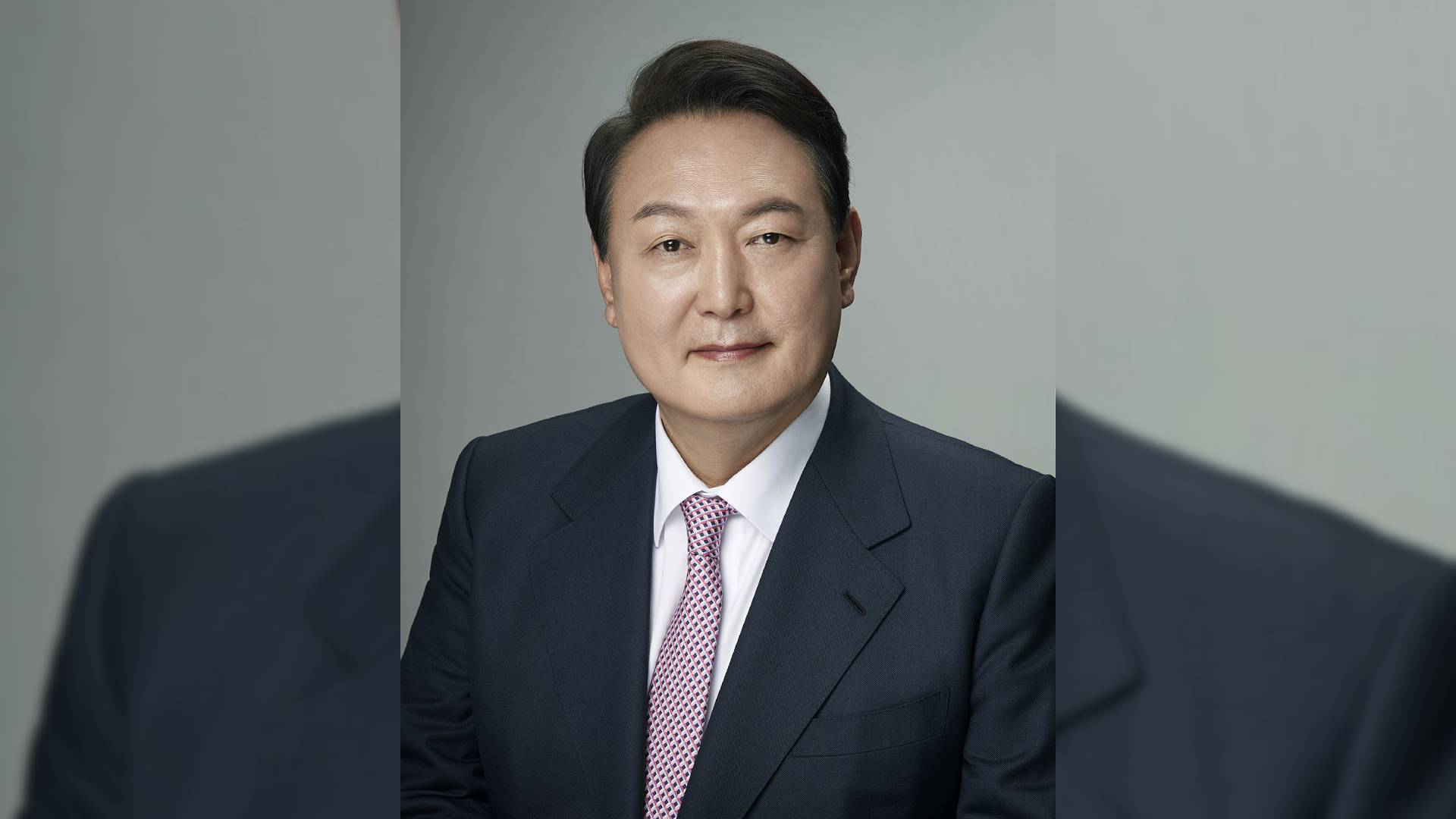South Korea's Political Turmoil: President Yoon's Arrest and Impeachment Trial
South Korean President Yoon Suk Yeol's arrest and impeachment over insurrection allegations have plunged the country into its worst political crisis in decades. Yoon faces charges related to a failed martial law bid. As the Constitutional Court deliberates his fate, the political chaos threatens economic stability.

In an unprecedented political upheaval, South Korea's sitting President, Yoon Suk Yeol, was arrested, marking a first in the nation's history. The arrest was part of a criminal investigation into his alleged insurrection linked to a failed martial law attempt. Despite his lawyer citing health issues, Yoon defied questioning for a consecutive day.
The Constitutional Court is amid deliberations on his impeachment, sparked by his controversial martial law declaration rejected by parliament. With political tension at a boiling point, the opposition Democratic Party, backed by public sentiment, seeks to permanently unseat him, while his defense argues it's a power grab.
This political crisis has not only captured national attention but also impacted South Korea's economic landscape, with implications for the won currency and central bank policies. As the nation awaits the court's decision, the focus remains on restoring political order to mitigate economic repercussions.
(With inputs from agencies.)
ALSO READ
South Korean Military Officials Indicted in Martial Law Probe
South Korea's Constitutional Court Trials: A Pivotal Moment
New Democratic Party's Response to Trudeau's Resignation
Legal Battles: Power Struggles and Controversy Surrounding Yoon Suk Yeol's Martial Law Probe
South Korea's Tumultuous Political Crisis: From Martial Law to Impeachment










